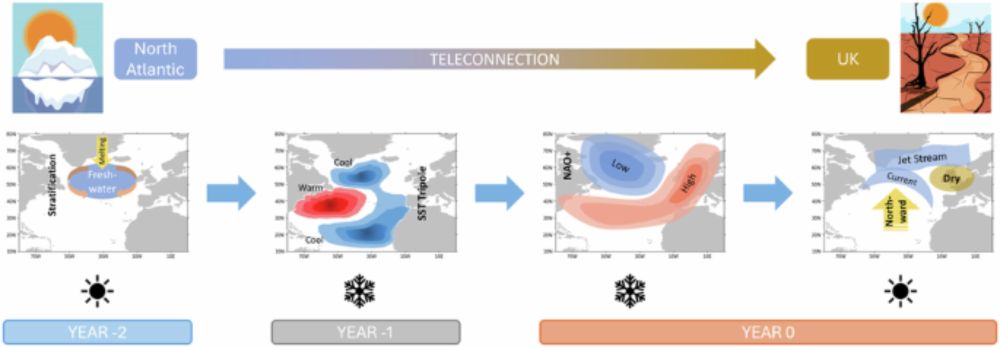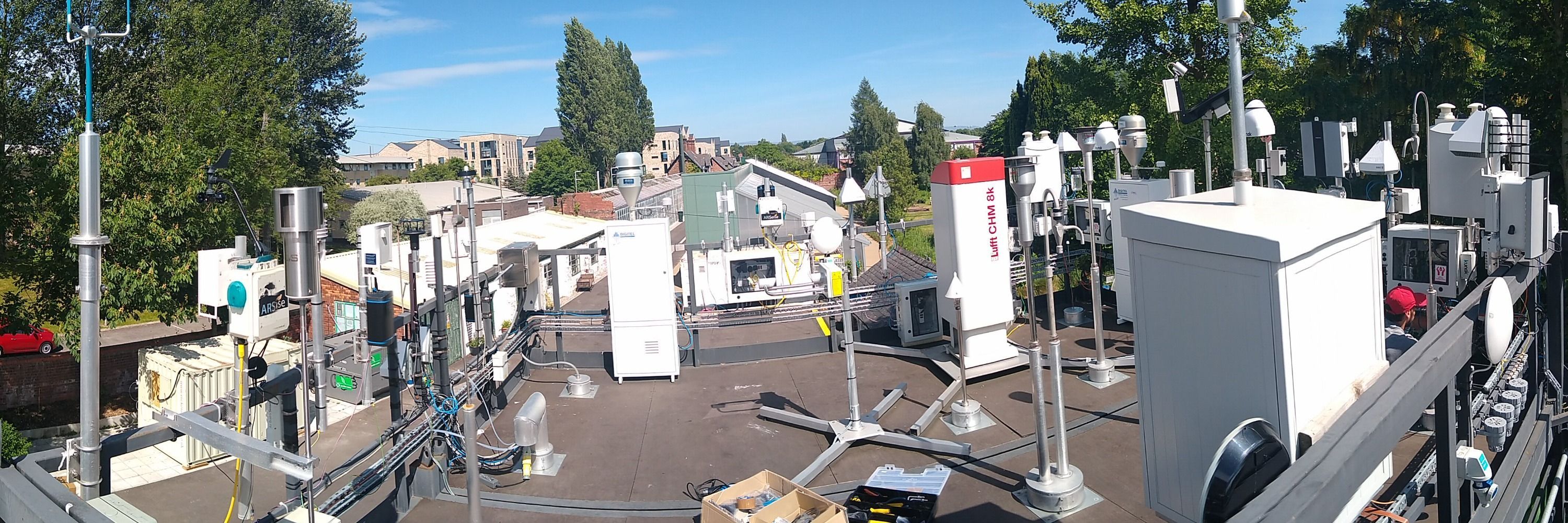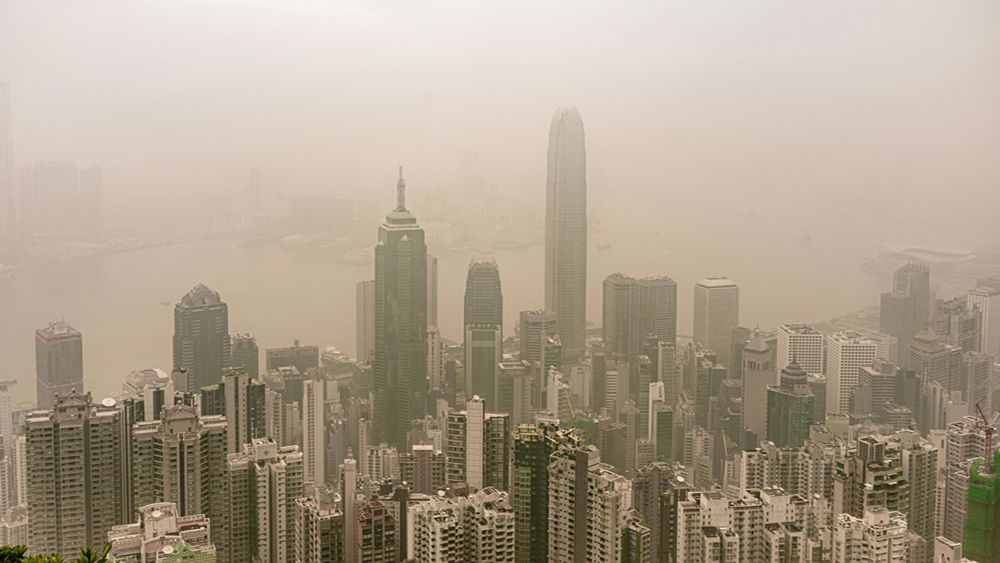James Allan
@jamesallanatmos.bsky.social
640 followers
120 following
190 posts
Long haired atmospheric scientist at the University of Manchester and NCAS. Opinions my own.
Posts
Media
Videos
Starter Packs
Reposted by James Allan
James Allan
@jamesallanatmos.bsky.social
· Aug 24

Anthropogenic Emissions in Coastal India Strongly Influence New Particle Formation and Cloud Condensation Nuclei Activity
Aerosols influence Earth’s energy balance and hydrological cycle as cloud condensation nuclei (CCN), yet uncertainties persist in how anthropogenic emissions alter their abundance and climate-relevant properties. Abrupt, large-scale reductions in human activities provided a natural experiment to quantify anthropogenic impact on aerosol-cloud-climate interactions in coastal India. Combining chemical and microphysical measurements under drastically reduced and subsequently reintroduced emission scenarios, we reveal that CCN concentrations increased by 80–250% postlockdown. This surge coincided with increased new particle formation (NPF) event frequency and enhanced particle growth rates. Postlockdown air masses shifted from marine to continental sources, revealing that anthropogenic organic matter (OM), despite lower hygroscopicity, dominated particle growth to CCN-active sizes, offsetting hygroscopicity limitations. These findings demonstrate how shifts in anthropogenic activity can strongly impact aerosol–cloud interaction potential, even under varying air mass influences, and provide a reference for understanding the atmospheric effects of future air quality interventions.
pubs.acs.org
James Allan
@jamesallanatmos.bsky.social
· Jun 27
Reposted by James Allan
Reposted by James Allan
Reposted by James Allan
CANARI
@canari-science.bsky.social
· Jun 6

Oceanic drivers of UK summer droughts - Communications Earth & Environment
North Atlantic sea surface temperature influences hydrology in the United Kingdom up to 1.5 years in advance via a teleconnection with the position of the North Atlantic Current, which can help with d...
www.nature.com























